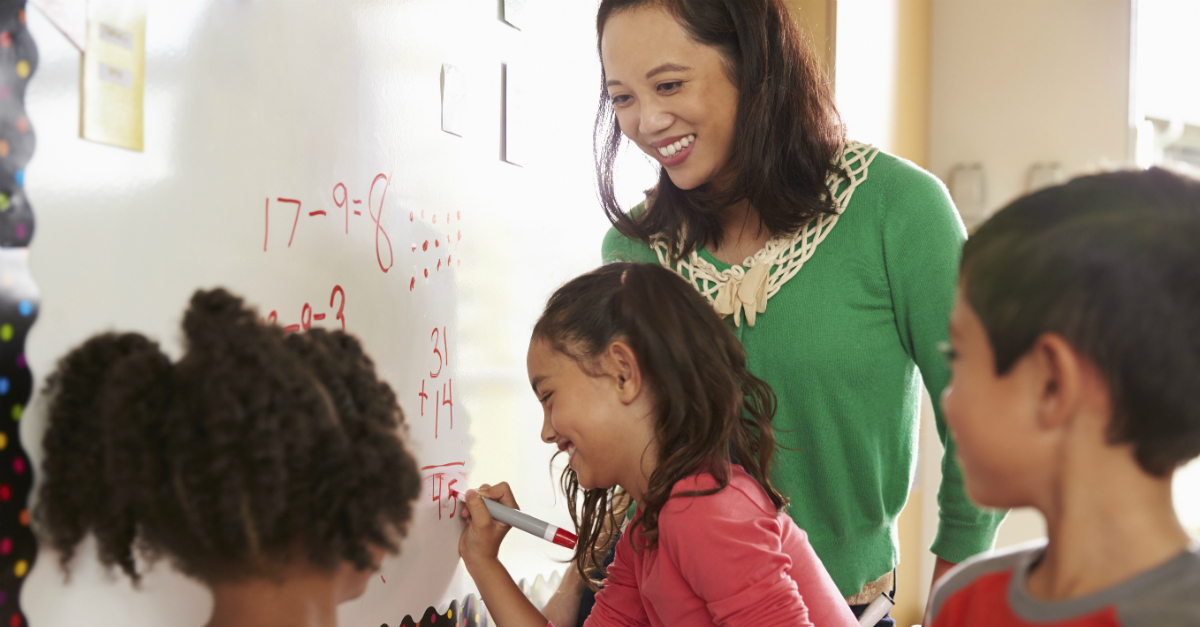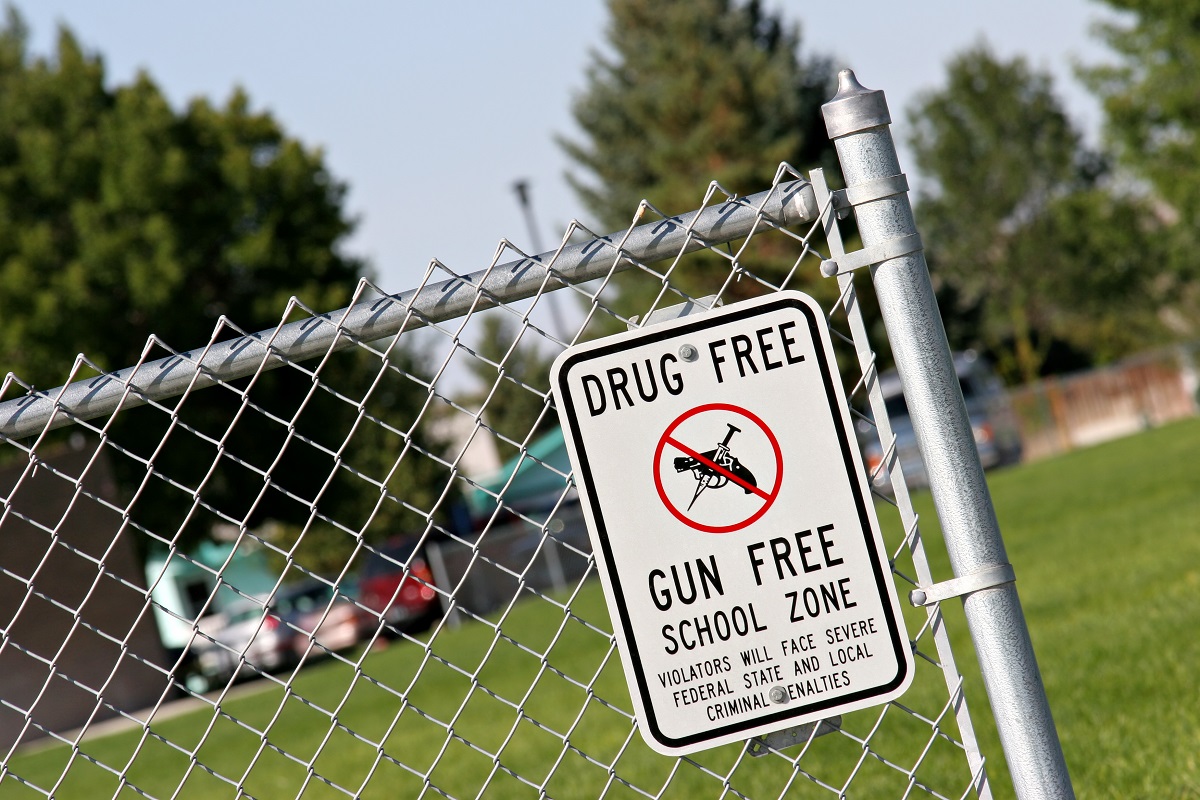Teachers across the country are overwhelmed and feeling burnt out, according to survey findings released by the Pew Research Center on April 4.
More specifically, 77 percent of public K-12 teachers say their job is frequently stressful, 68 percent say it’s overwhelming, 70 percent say their school is understaffed and 52 percent say they would not advise a young person starting out today to become a teacher.
Among the 29 percent of teachers who reported being very or somewhat likely to leave their jobs, 40 percent said they wanted to leave education altogether. Nearly 30 percent said they’re looking for a nonteaching job in education and 18 percent said they’re seeking a teaching position at a different public school.
Researchers highlight findings related to the high persistence of issues including student behavior, chronic absenteeism, mental health and staffing that were exacerbated by the pandemic as likely factors impacting teachers’ attitudes.
“The COVID-19 pandemic likely compounded these issues. About eight in 10 teachers (among those who have been teaching for at least a year) say the lasting impact of the pandemic on students’ behavior, academic performance and emotional well-being has been very or somewhat negative,” they wrote. “As they navigate these challenges, teachers don’t feel they’re getting the support or reinforcement they need from parents. Majorities of teachers say parents are doing too little when it comes to holding their children accountable if they misbehave in school, helping them with their schoolwork and ensuring their attendance.”
Teachers in high- and medium-poverty schools are more likely than those in low-poverty schools to say that both student performance and behavior is worse and that parents are doing too little to address these issues at home, but feelings of stress and dissatisfaction among teachers were fairly universal, regardless of where they teach.
Other key findings
- Just under half of teachers say students showing little or no interest in learning is a major problem in their classroom (58 percent of high school teachers say this is the case).
- Nearly three quarters of high school teachers say students being distracted by their cellphones is a major problem. While 82 percent of all teachers surveyed say their school or district has policies regarding cellphone use in the classroom, 30 percent say they’re difficult to enforce.
- About 20 percent of teachers say students getting up and walking around when they’re not supposed to and being disrespectful toward them (21 percent each) are major problems, particularly in elementary and middle schools.
- A majority of teachers (68 percent) say they’ve been yelled at or threatened by a student, with 21 percent saying this happens at least a few times a month. While physical violence is less common, 40 percent of teachers say a student has been violent toward them, with 9 percent saying they experience this at least a few times a month.
- Many teachers say they have to address behavioral issues in their classroom (58 percent) and/or help students with mental health challenges (28 percent) on a daily basis. In each of these areas, elementary and middle school teachers are more likely than those at the high school level to say they do these things on a daily basis, as are teachers in high-poverty schools compared to those in medium- and low-poverty schools.





